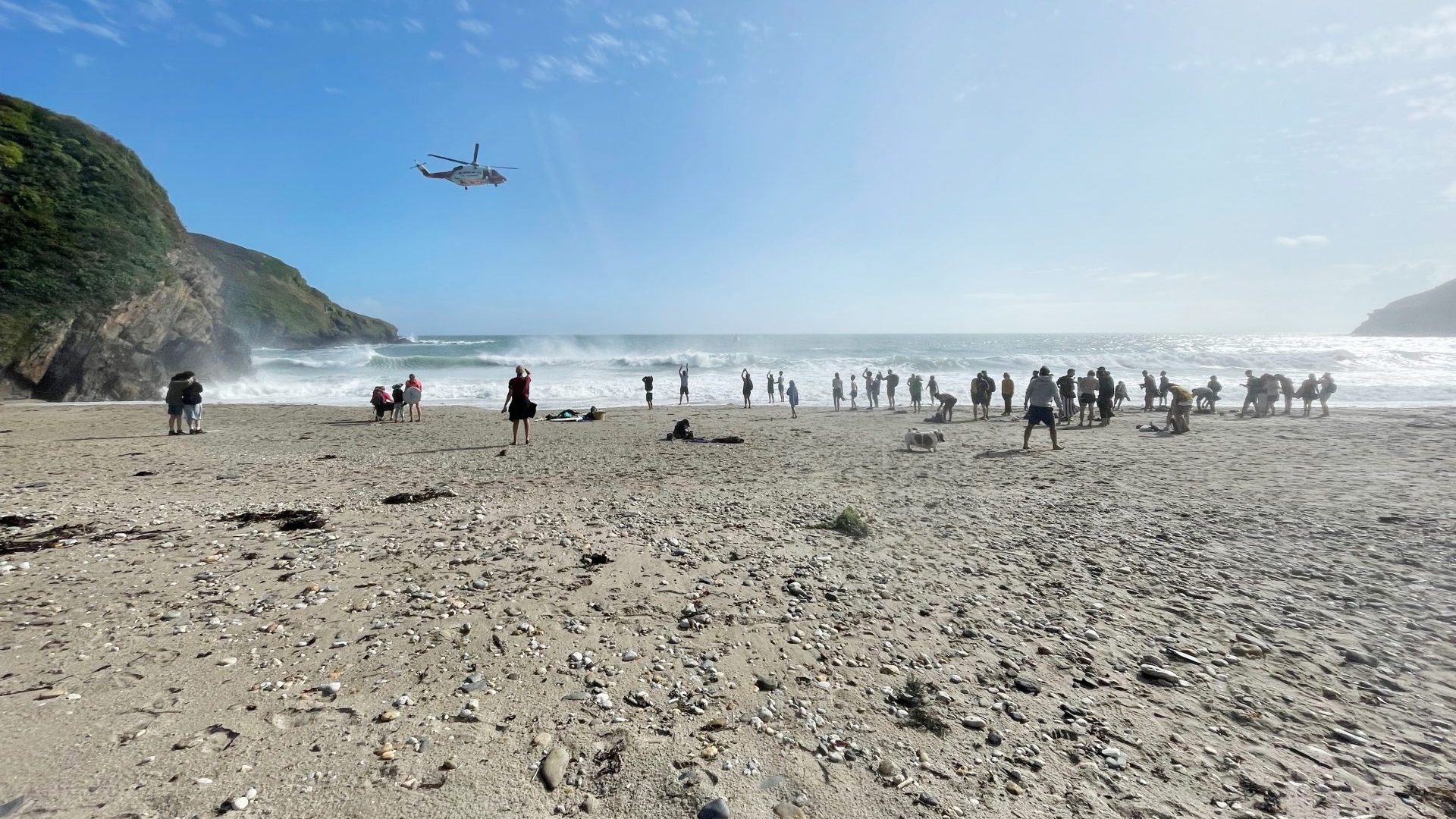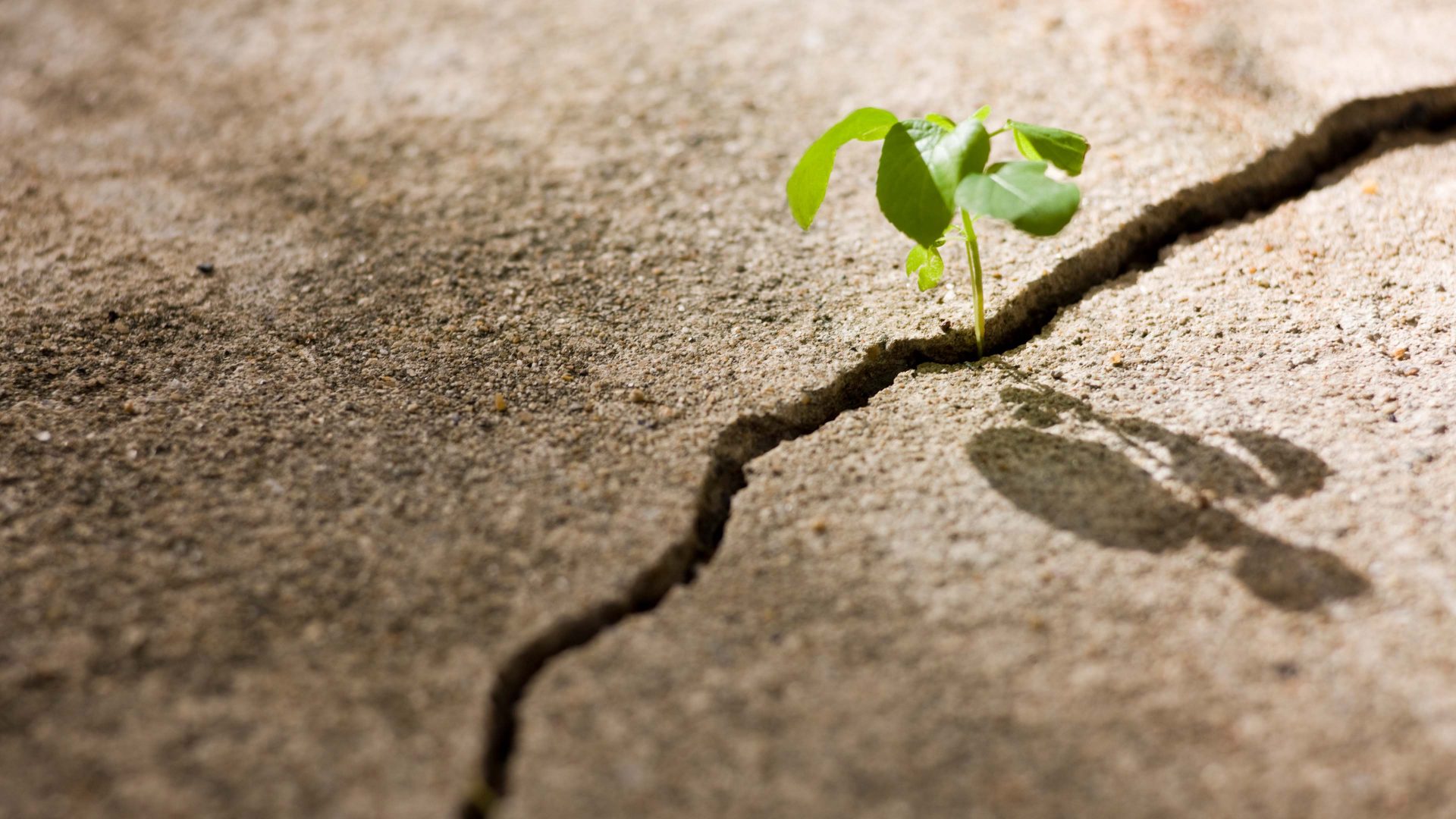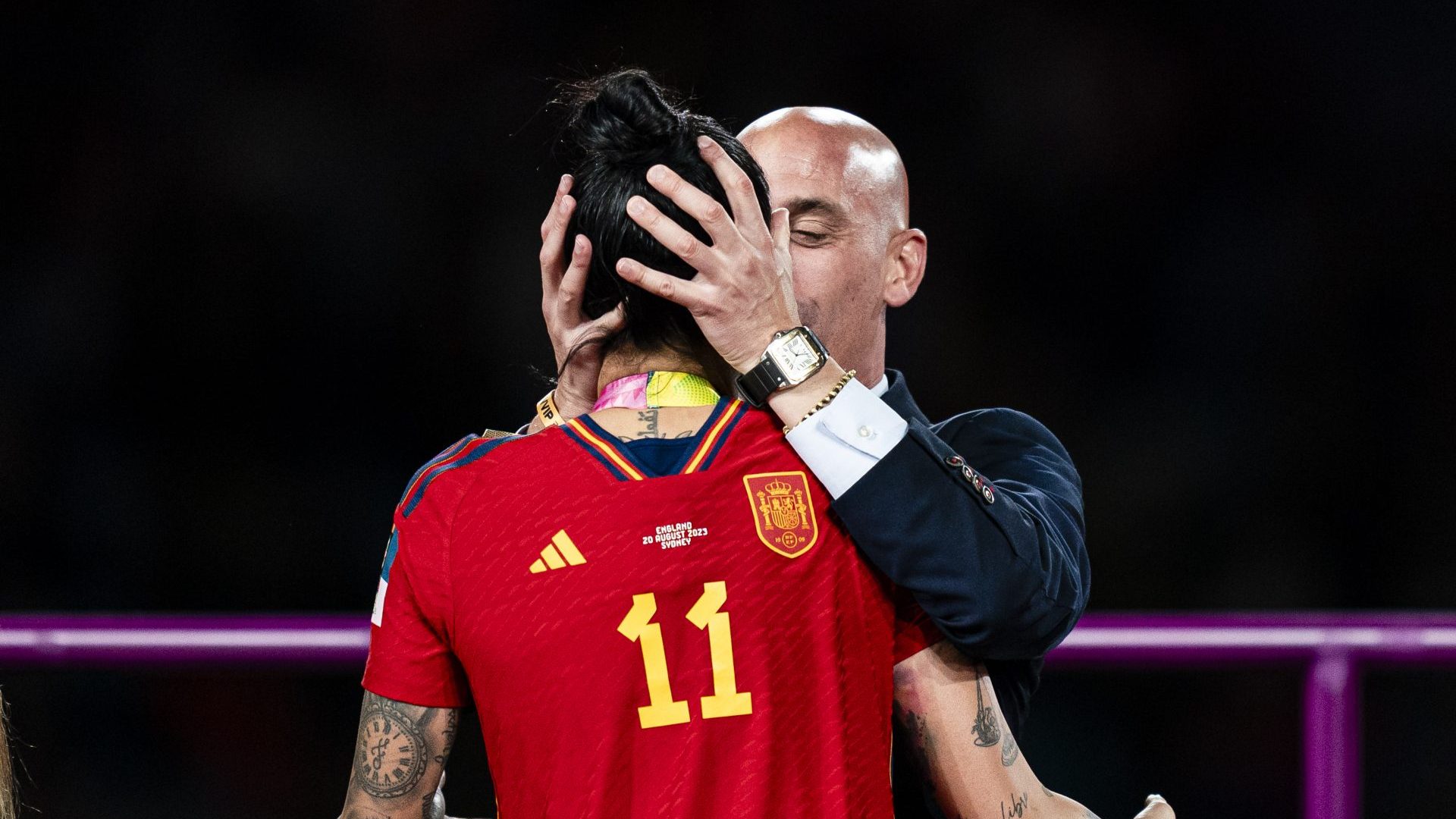A man, a woman and their dog had been cut off in a cove, but they didn’t know it yet. It was a hot day, but a storm had hit the south coast of Cornwall and the waves were up at seven to eight feet. The surf thumped against the rocks, sending a wall of spray up the cliffs.
The tide was coming in. People on Lantic Beach had seen the stranded people and had been waving across to them, trying to attract their attention, telling them to come back to the main beach. But the tide had risen and they were stuck. It was only then that the couple realised they were in trouble.
Their only route out was across the rocks between the cove and the main beach. We watched them pick up their dog and start to climb. The sea was smashing all around them. Someone called the coastguard and a boat was scrambled from the Fowey lifeboat station, three miles west.
It would take some time to arrive. Meanwhile the man and the woman were climbing. She was carrying the dog.
The waves were coming in hard, and to avoid the spray the climbers had moved off the rocks and up on to the cliff. We saw them go out of sight behind an outcrop and then, nothing. I was standing with a group of people, waiting for them to reappear. They didn’t. A strong swimmer went out through the swell and said he could see them. They were stuck.
Suddenly there was a shape in the water. It was the man. He was thrashing his arms, trying to keep his head up, but the waves were huge and he was churned in the surf, horribly close to the rocks, which stuck up from the water in a series of reefs. But he got past them and we dragged him up on to the sand. He dumped his sodden backpack on the ground and took out an iPhone which he used to call his wife. He had slipped off the rocks and wanted to tell her he was still alive.
We tried to calm him, but he didn’t seem to hear us and he threw himself back into the water, trying to swim out to signal to her that he was OK. It was only when the lifeboat appeared that he stopped.
We watched it come in, very fast, and then halt. A moment later a small rib appeared, launched from the larger boat, and it made quickly for the shore. Agonisingly, we realised it was heading for the wrong end of the bay. Everyone on the sand shouted and waved. Eventually the boat turned, spotted the woman and headed straight for her. When it arrived, one of the crew signalled to her: “Stay where you are.”
Almost immediately the helicopter arrived and settled above the rocks, a member of the coastguard suspended below it on a wire. Slowly the huge aircraft and the rescuer moved lower and lower, until the downdraft from the blades was so powerful it had completely flattened the waves. The dangling rescuer moved towards the outcrop and then vanished.
A few minutes later the helicopter began to rise. And as it pulled away, we saw the rescuer and the woman in a harness. She was still carrying her dog. The watching crowd applauded.
Down on the sand, her husband was shaking his head. “I can’t believe that happened,” he said, “I just can’t believe it.” The helicopter circled the bay a few times before landing in the downs at the top of the cliffs. He ran up the track to find it.
It was a reminder of the power of the sea and that, on an island, the weather can change at any moment.
It was, above all, a reminder of the dangers of being cut off and of how quickly it can all go terribly wrong.




